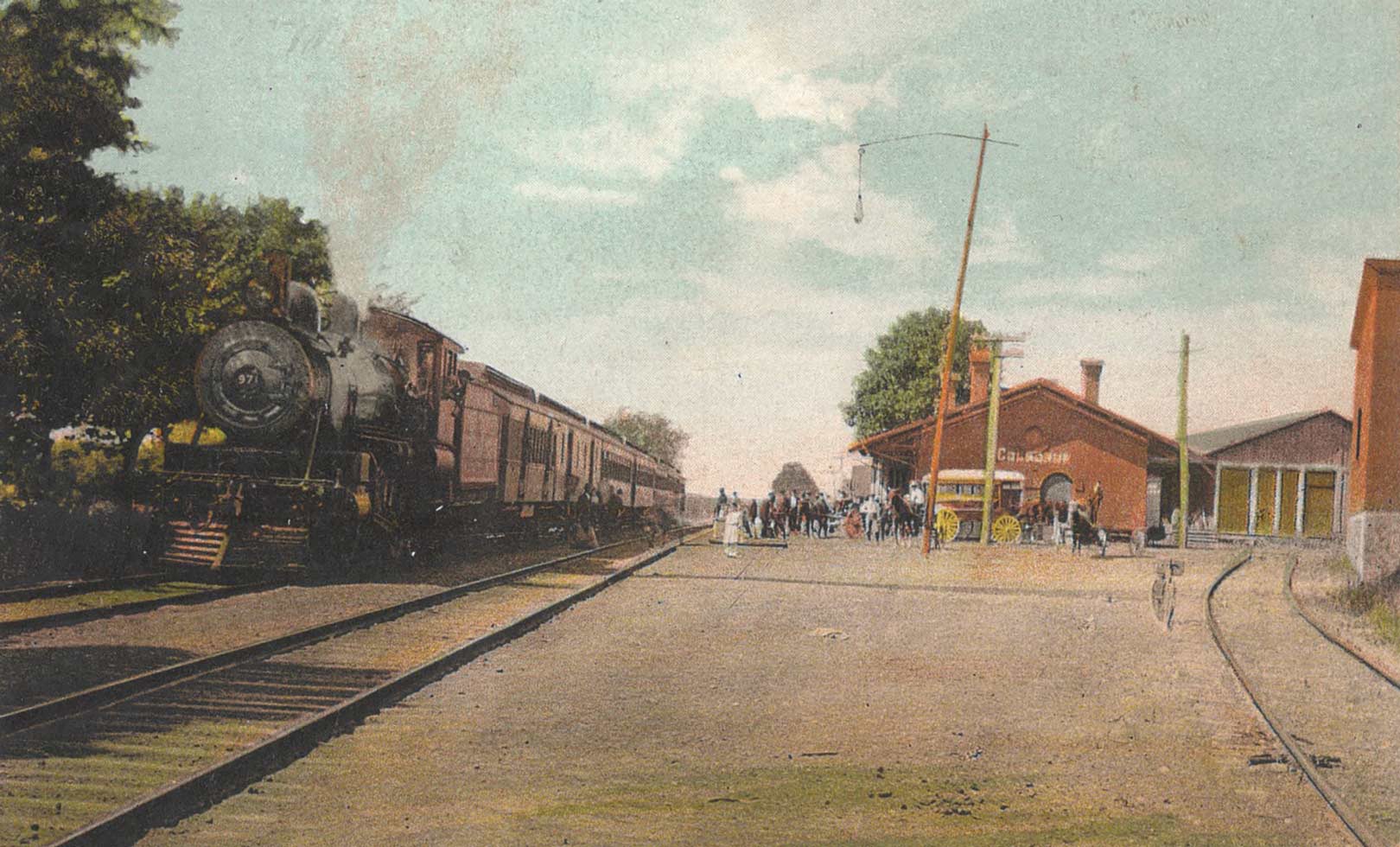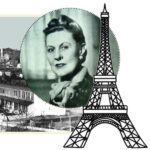
Photograph courtesy Northumberland County Archives & Museum A story inspired by How Firm a Foundation: A History of the Township of Cramahe and the Village of Colborne, by Eileen Argyris
Circa 1905
In the early 1900s, all the mail from larger centres arrived in Colborne – the epicentre of Cramahe Township – by rail, principally by the Grand Trunk Railway. From there, it was sorted by the postmistress or the postmaster and then delivered by horse-drawn stage to the folks who lived in the smaller rural communities and the many farms that dotted the countryside.
In 1910, George Cockburn took over the rural mail service between Colborne and Castleton from his dad. George literally “took the reins” of his dad’s stage which covered a distance of 11 kilometres on dirt roads in the summer, and frozen tracks by sleigh in the winter, six days a week. George, who lived in Warkworth, was out of bed at 4:00 in the morning. He hitched up his team and set out to pick up the mail from rural mailboxes along his route and arrived in Colborne in time to exchange mail with the 10:00 a.m. train. When you add up the kilometres from Warkworth to Colborne and home again, George travelled 52 kilometres a day by horse and carriage round trip.
One old timer, Cliff Quinn, remembers Cockburn from the 1920s: “A more accommodating man you could never hope to meet in this wide world. This man hauled the mail and various other things – passengers, bread et cetera – from Warkworth through Castleton to Colborne and back every day except Sundays.”
Quinn went on to say, “George would change teams at our place – a farm on County Road 25, east of Castleton and go on to Colborne. Coming back, he’d leave our horses and get his own to go back to Warkworth. We used to hitch a ride with him to school in Castleton and if we could, back home too. We sat on the bread box. Usually, his big box was filled with Harry Pomeroy’s delicious bread going to Morganston each day.”
In 1960, the Family Herald, Canada’s national farm publication at the time, hailed George Cockburn as “Warkworth’s only regular link with the outside world.”




